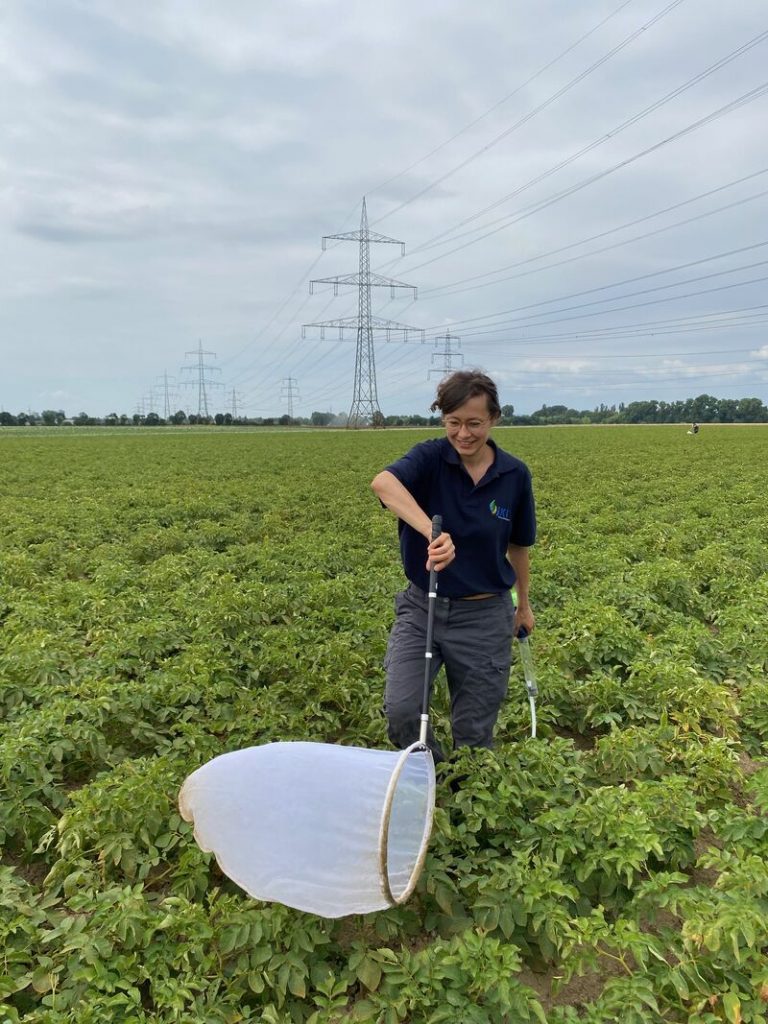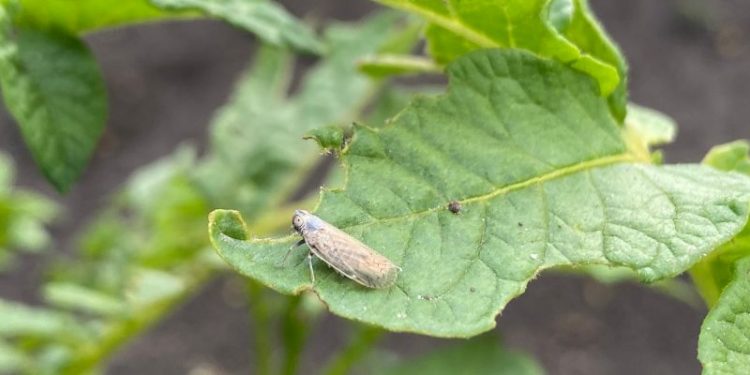Julius Kühn-Institut Investigates Emerging Risks from Insect-Borne Pathogen
The Julius Kühn-Institut (JKI) has reported significant developments regarding Candidatus Arsenophonus phytopathogenicus, a pathogen previously known for impacting sugar beet crops and now potentially affecting potatoes and onions. This pathogen causes the “Syndrome Basse Richesse” (SBR), which leads to significantly reduced sugar levels in sugar beets and results in considerable economic losses.
Current Findings
Recent research conducted by JKI scientist Eva Therhaag and her colleagues has confirmed that the sugar beet pest, the reed planthopper, not only transmits SBR to sugar beets but also affects potato crops. The study demonstrated that the pest completes its entire life cycle on potato plants, thereby facilitating the pathogen’s transmission.
New Developments
In a new study by the Institute for Plant Protection in Fruit and Wine Growing in Dossenheim, the pathogen has also been detected in vegetable onions from Hessen. This raises concerns about whether onions are similarly affected by SBR and if the reed planthopper is responsible for this transmission.
Implications for the Industry
The potential spread of Candidatus Arsenophonus phytopathogenicus to onions adds another layer of complexity to crop management, especially in regions where sugar beets and potatoes are part of the crop rotation. JKI emphasizes the need for vigilance, particularly in areas where these crops are grown in close proximity. The institute advises monitoring the reed planthopper closely as a potential vector for this pathogen in onions.
Next Steps
The JKI is continuing its research to ascertain the full impact of SBR on onions and the role of the reed planthopper in this new context. Further investigations will clarify whether the observed symptoms in onions are indeed caused by SBR and confirm the role of the pest in this transmission.








